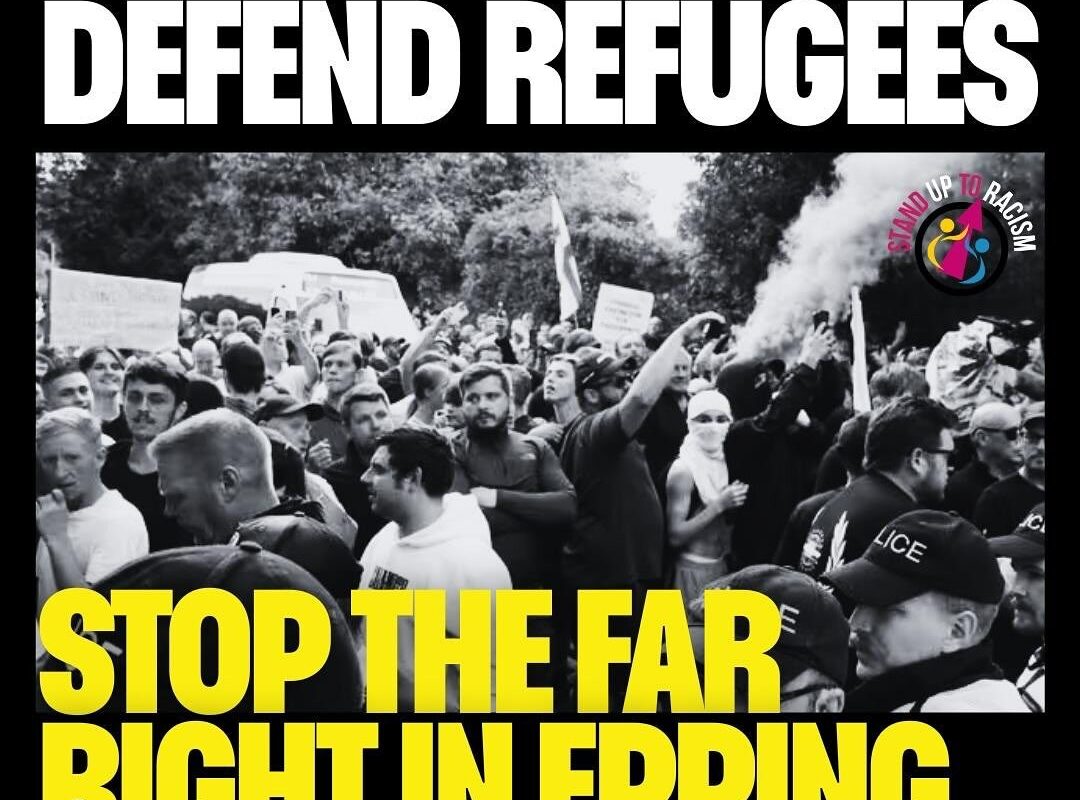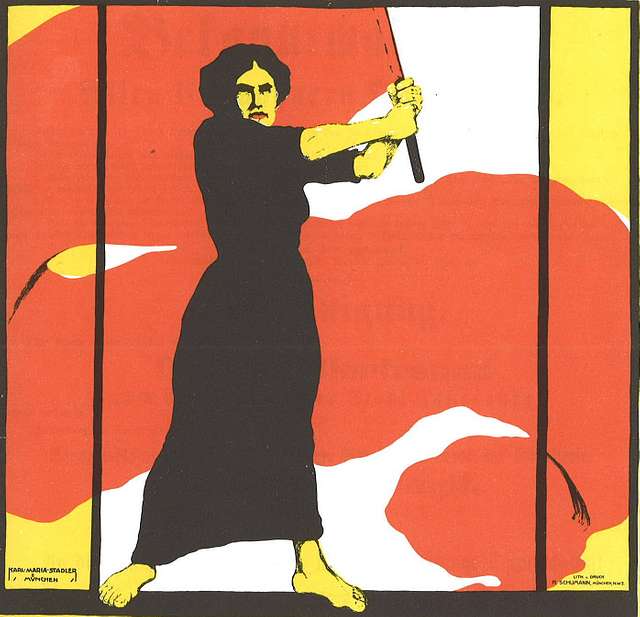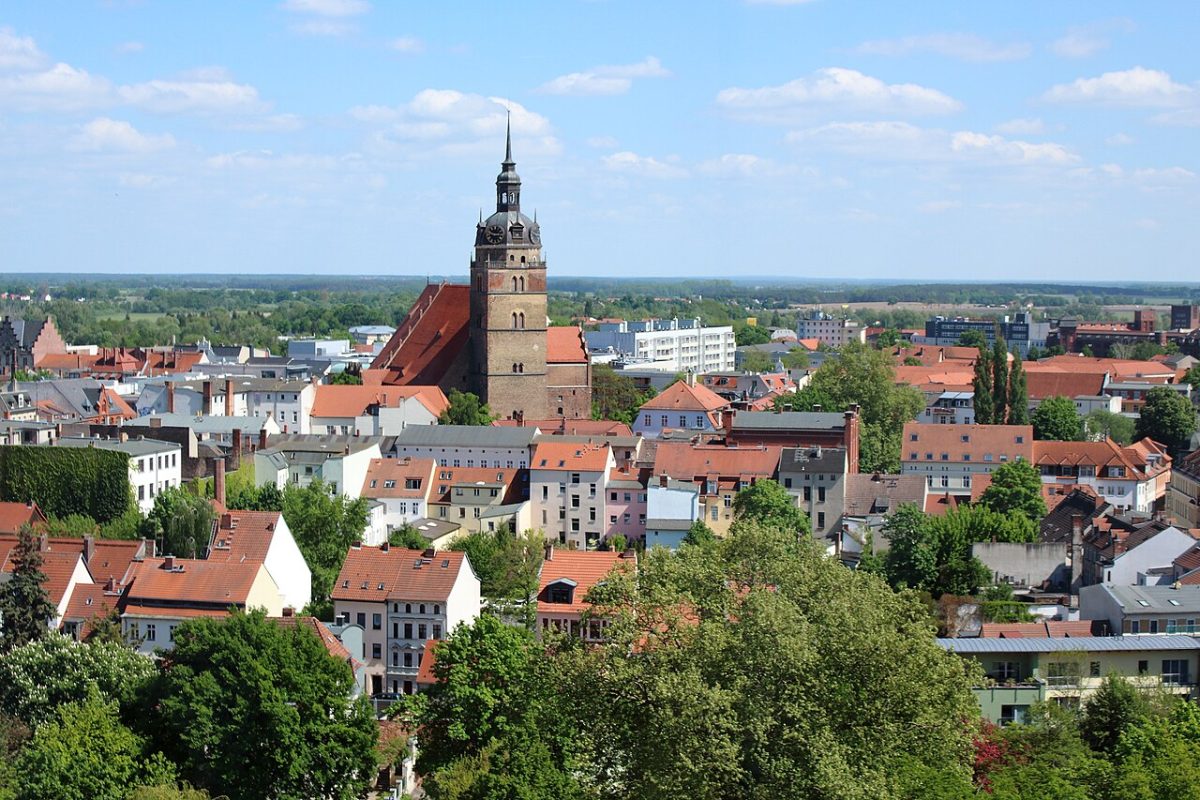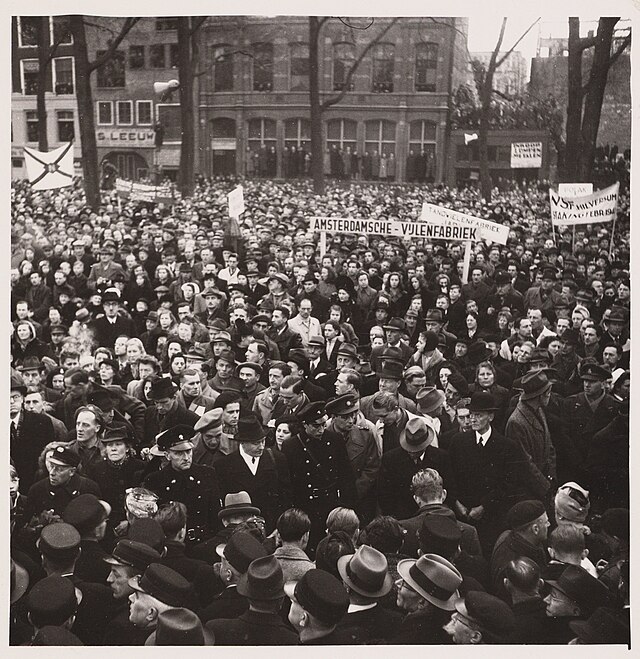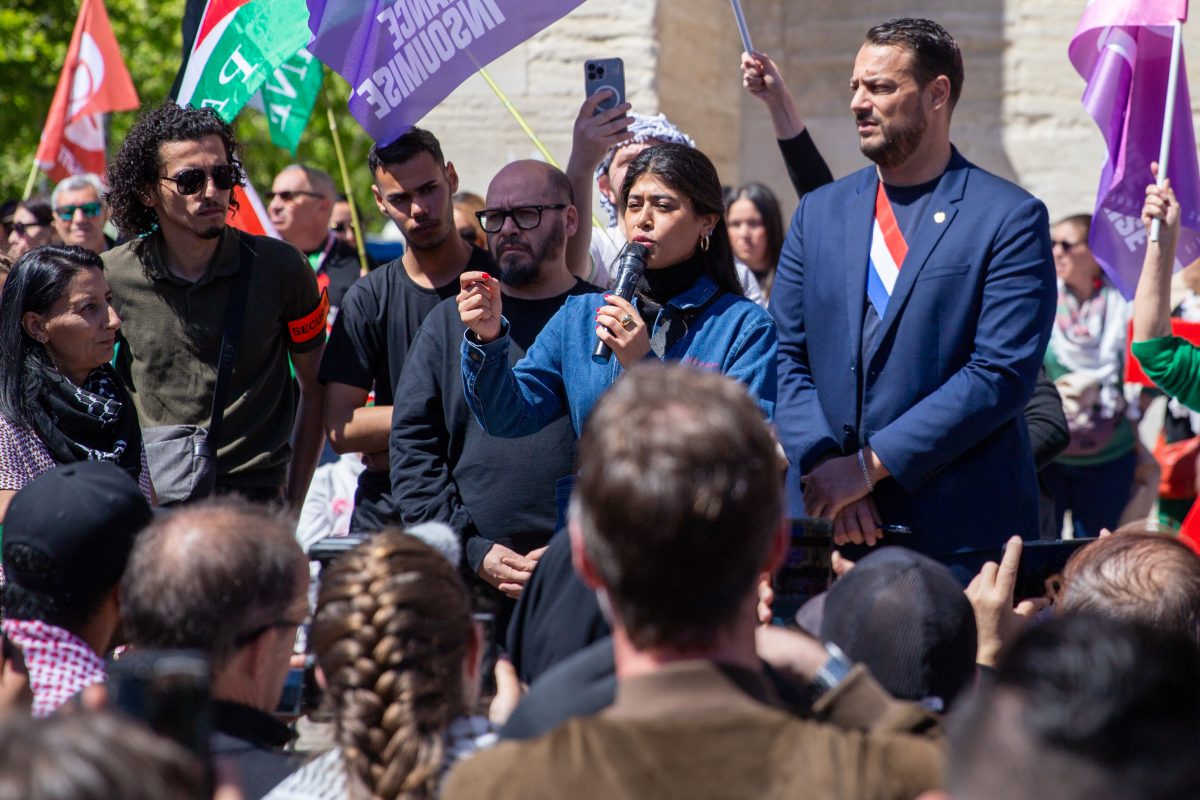Epping is a leafy and prosperous town on the edge of London. It seems more of a village than a town and is separated from the city by the eponymous large forest. It is, to a certain extent, a victim of “white flight”, although the black population has grown significantly in recent years. It is more divided by class than anything else. It is the stereotypical haunt of former Eastenders who have made money. As with most of rural Essex, it’s a place where the Conservatives normally rule. But it is also home to some active fascists.
It has become a focal point of the far-right and neo-Nazi groups in recent weeks as a result of an alleged sexual assault on a local woman by an asylum seeker who was a resident of the local refugee hostel, the Bell Hotel. It is called a hotel, but asylum seekers in the UK are normally housed in run-down and dilapidated hotels that no tourist would ever want to visit.
The media and right-wing politicians will portray this as a cushy setup. Yet, refugees are housed in the most miserable conditions. They suffer from a lack of privacy; men, women and children are often housed together in cramped accommodation; they are prevented from working, which leads to intense boredom and frustration; and refugees do not have access to cooking facilities.
The policy of housing refugees in hostels began with the last Conservative government. It is an unplanned response to the increasing number of refugees arriving in the UK by boat. But housing refugees in hotels also benefits the invariably Conservative voting owners of such properties. As of 30 July, 25,436 migrants had crossed the Channel in small boats in 2025. The figure is about 49% higher than at the same point in 2024. In 2024 as a whole, nearly 37,000 people were detected making the crossing, 25% more than in 2023. The highest yearly total was recorded in 2022, when 45,755 people arrived. One consequence of Brexit. Britain’s withdrawal from the EU’s Dublin Regulation outsourced its responsibility for refugees to neighbouring countries like France.
All this has contributed to a very toxic debate around migration and refugees, with the important distinction often being blurred by the mass media. “Stopping the boats” has become an obsession with the right-wing tabloids, which dominate Britain’s political discourse.
Unsurprisingly, refugee hostels have become the focus of the far-right in recent years. As in most Western countries, violence and sexual violence in particular are often racialised, even though the non-white population are proportionately less likely to commit sexual offences against white women.
It was on 29 July last year that a mass stabbing targeting young girls occurred at a dance studio in Southport (a town some 30km north of Liverpool). Seventeen-year-old Axel Rudakubana killed three young girls and injured ten others at a Taylor Swift–themed dance workshop attended by 26 children.
Immediately, far-right groups, assisted by Elon Musk’s X platform, spread false rumours that the killer was a muslim refugee. Neither was true, but this helped to whip up a pogromist atmosphere which resulted in attempts to burn down refugee hostels and unleashed some of the worst racial violence Britain has witnessed in over sixty years. The response of the anti-racist movement, led by Stand Up to Racism, was large-scale mobilisations which left the racists and far-right isolated in August last year.
A word also needs to be said about the role of the extreme right party, Reform UK. It is now the leading party according to opinion polls. After the Stockport killing, Nigel Farage, its leader, falsely claimed that the police were hiding information about the killer, implying that the killer was a muslim refugee. And in the case of Epping he encouraged the protests and spread false claims that the anti-racist protestors attacked the police when the truth was that all the violence came from the neo-Nazi presence in Epping.
The toxic mix of fourteen years of austerity and the biggest fall in living standards since the Napoleonic Wars has created a political tinderbox. Now we have a deeply unpopular Labour government that swept to power last July after fourteen years of Conservative misrule. It has done nothing to address the economic malaise. Under Chancellor Rachel Reeves, it is unleashing a new wave of austerity and the relentless scapegoating of refugees. Worse still, Prime Minister Keir Starmer is echoing the language of the far-right with his “island of strangers“ speech a few months ago.
The UK has witnessed a significant mobilisation in solidarity with Palestine over recent years. But mobilising against the far right is proving to be much harder. Last July, two successive mobilisations against the far-right came under attack as the anti-racist were outnumbered. It was the shock of last week and evidence that Reform UK were openly collaborating with the neo-Nazis of Britain First and other far-right groups, which created the impetus for the much greater mobilisation of last Sunday. With the school holiday, August is traditionally a month of unrest in the UK.
Despite the victory on Sunday, 20th July, the fight against fascism is by no means over. The anti-racist anti fascist movement will have a summer of mobilisation ahead of it. But this success will make it easier to organise opposition at similar flashpoints up and down the UK.
